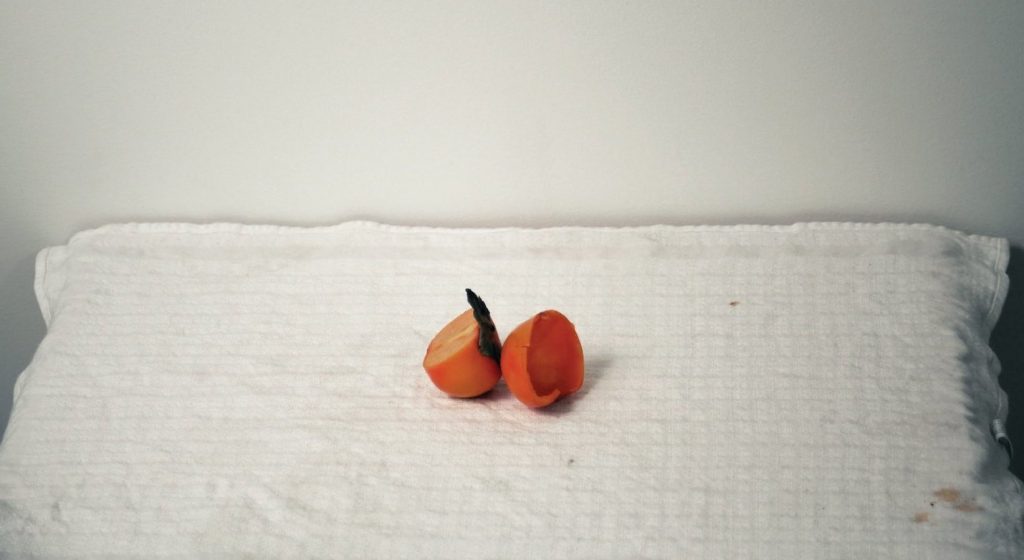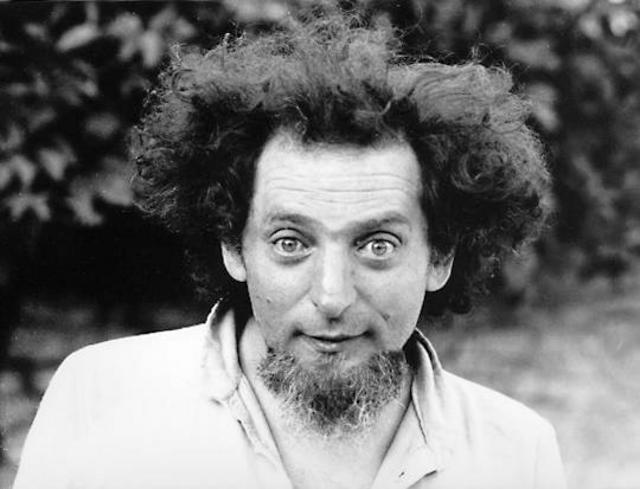Jenny Xie’s debut collection of poems, Eye Level (Graywolf Press, 2018), is an exquisite interrogation of perspective and selfhood but also reaches out to something more elusive — the troubled way language can isolate and put up borders. Casting her gaze near and far, it’s the way Xie records minutiae that breaks down these walls, actively inviting us to partake in her witnessing. “Rootless” but for her eyes, the poet often ducks below a visual register in order to teach us her art. As she explains in “Square Cells”: “screens plant bulbs / of tension inward, but hit no nerves.”
 While there is ample white space throughout the book, don’t allow that to fool you: Xie’s frame widens and welcomes Keatsian negative capability, or perhaps more so, Fanny Howe’s bewilderment, just as much as she burrows into specificity. In “Solitude Study,” in two of the book’s most gorgeous lines, Xie’s hope in her readers is unflinching: “I know we can hold more in us than we do / because the body is without core.”
While there is ample white space throughout the book, don’t allow that to fool you: Xie’s frame widens and welcomes Keatsian negative capability, or perhaps more so, Fanny Howe’s bewilderment, just as much as she burrows into specificity. In “Solitude Study,” in two of the book’s most gorgeous lines, Xie’s hope in her readers is unflinching: “I know we can hold more in us than we do / because the body is without core.”
Compression can be a radical point of view, a necessity of wandering and solitude. On the other hand, it risks reaching no one. Xie maneuvers her language with a fine-tooth comb, often beginning where many poets in our cluttered, digital age, conclude: deep inside a fully-fleshed thought or image. Take the lines, “The face of Chinatown returns its color / plucked from July’s industrial steamer.” But how did we get here? And why? Later in the poem we learn exactly where we are, witness to New York’s Chinatown. And later in the collection, we step into a photograph of the poet’s childhood in Hefei, China. Expanding into scenes of everyday life, Xie’s compressive language breaks open with humility. Still, when Xie does choses opacity over clarity, her language shifts and swells like organic moods. Some of the book’s most astonishing lines are prose, perhaps a nod to the “mutable form” behind her poetic impulse. “You plant an alphabet in your sleep and wake to acres and acres of radios. Something long shuttered cracked,” she claims in “Bildungsroman.” When she sheds both the “I” and the “eye”, the register of the poet’s “selves” unspools just as skillfully in sound as it does in sight.
Muting the visual, it seems, becomes a way of rupturing language’s glossy surface — especially when that language is tethered to a world of assimilation and patriarchal gazing. “To be seen against one’s will is to be powerless. / To be denied a reflection and to be locked out of a self,” she writes in “Inwardly”. If there’s an expectation for interiority in poetry, often the processes by which marginalized writers make this interiority isn’t given space.

The isolation of being a first-generation American of Chinese immigrants is reflected in moments where Xie finds herself contradicting a “constructed” self. Like the speaker in “Rootless”, who says “Me? I’m just here in my traveler’s clothes, trying on each passing town for size.” Juan Felipe Herrera called Eye Level a collection of “expansive humanity”, and that humanity is ultimately what shines through. Xie’s ability to invite us along, witness to both beauty and mystery, is astonishing. At times she keeps her distance, but rightfully so. After all, we’re inside her world because she has invited us, not because, as a poet, it’s required.
As the collection concludes, sparser poems offer stunning images framed in stillness, circling back to the question of perspective. This image from “Long Nights” seems to leave it as a question: “Water striders on a pond’s surface, / light as calipers: / long sentences for which there are no words.” How delightful it is, sometimes, to be satisfied by stillness alone. Because even after so many words, Xie reminds us there’s always another sentence our minds can write, always another moment of bewilderment heading our way.
Find out more about Xie’s work at jennymxie.com, or follow her on Twitter @jennymxie.




